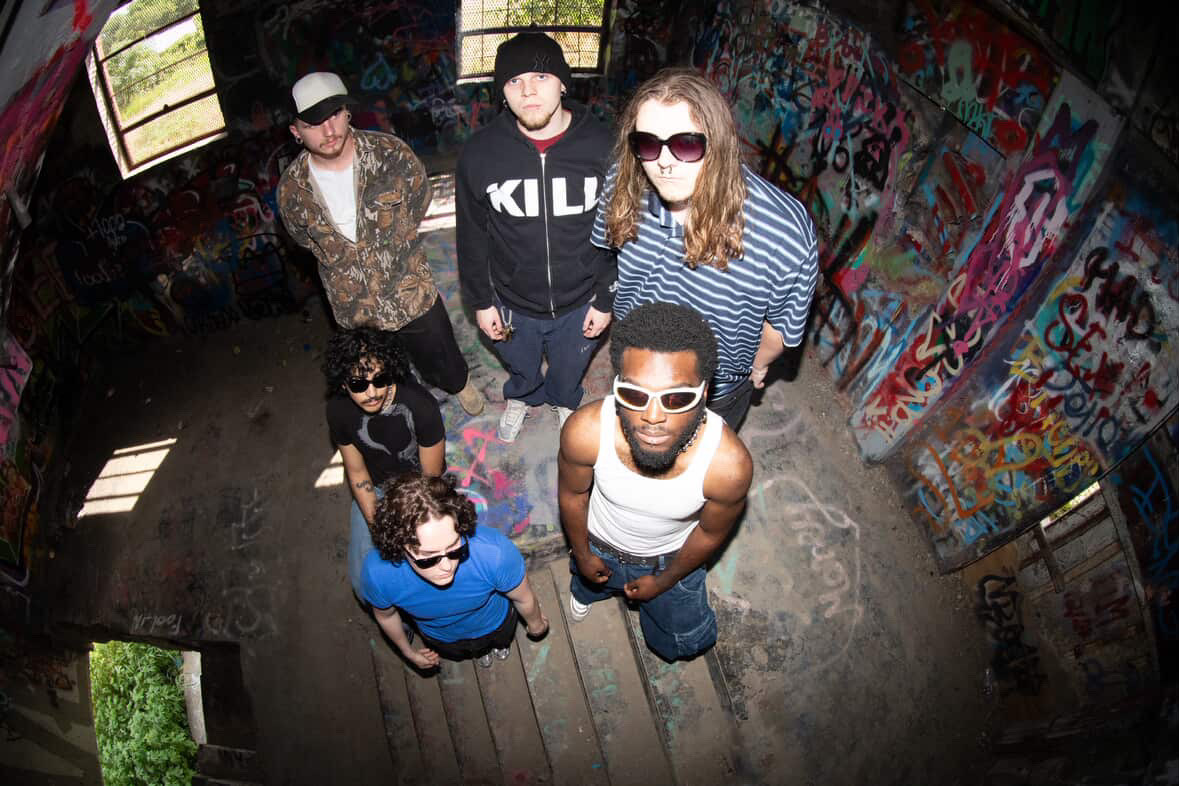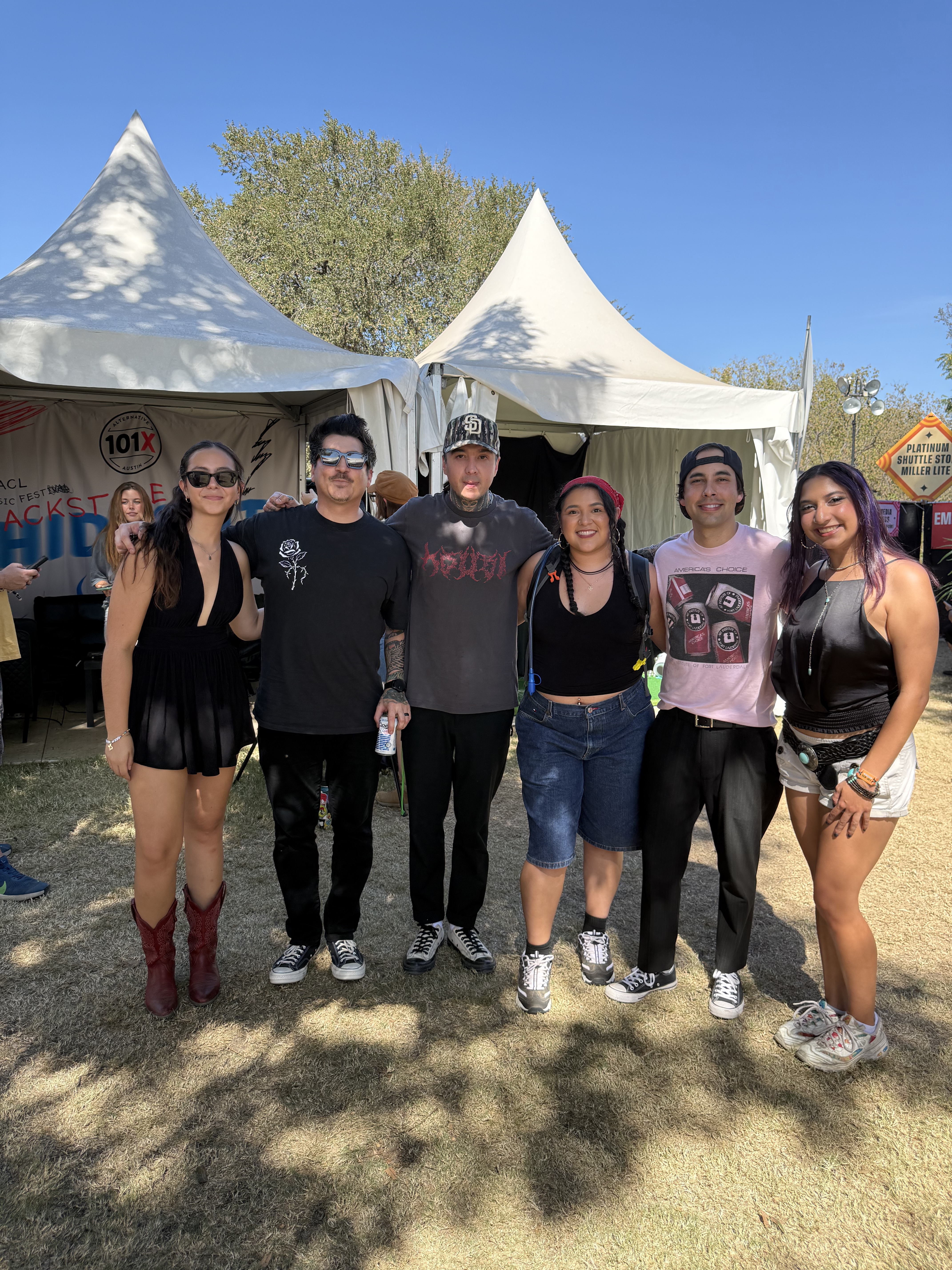Deafheaven and Growth in Artists
Often times, artists can get locked in their own “schtick” and stop growing entirely. We see it all the time especially in artists who make “sad” music. It’s a very rare and can be a very rewarding experience when a long time fan of an artist sees them go through a significant change or development through their music, especially when a “sad” artist ascends from their melancholy state and comes out stronger than ever. It’s moments like this in a band’s career that can have the biggest affect on them and their fan base.
A band that got me thinking about this recently is Deafheaven. A brief overview for those who don’t know, Deafheaven is a self-classified “black-gaze” (a cross between black metal and shoegaze) quintet. The band has been a producer of some of the most heart-wrenching music of the past decade in my opinion, and their albums have gotten me through more than a couple tough times. The group’s 2015 album
New Bermuda
was a new kind of tortured when it was released. The band’s lead singer George Clarke stated that the album was recorded during deep personal lows for multiple members of the band. And he wasn’t lying! I could get into the sadness of
Bermuda
but that isn’t what I want to focus on. This year Deafheaven released their first album since
New Bermuda
, titled
Ordinary Corrupt Human Love,
and while I was excited, I wasn’t totally sure what I could get out of another Deafheaven album. Mainly because, I wasn’t depressed! But when I heard the new album, it was not the same band I had known. The dark and heavy instrumentation was replaced with beautiful post-rock chord progressions. George’s signature screeching black metal voice no longer sounded like a cry for help, but a shout of joy. What had happened since the last album?
The day
Human Love
was released, Deafheaven came to Gas Monkey Bar N Grill in Dallas, and I was able to see them. The show was ecstatic. The band opened with their single “Honeycomb” and hundreds of metal heads (including myself) thrashed their bodies around and danced like madmen. The emotion behind the music was so pure and joyful, and George crawled on all fours to the crowd, grabbing our hands and kissing them. Multiple times people in the front, where I was standing, would grab George’s legs while he was singing and drag him towards us just to hold him. The best part was, the band wasn’t even annoyed by it. George loved it, and would cheer people who were losing their minds on. At about the halfway mark through the show, George stood up in front of the crowd and with the biggest most genuine smile I’ve ever seen, he shouted, “IT FEELS SO GOOD TO HAVE THIS RECORD OUT!”
Deafheaven’s transition from their old music to their newest record is a complete 180 in tone. And the group has acknowledged that they are all in much better spirits after this record. So what does this mean for their fans? We connected with them originally because they embodied our pain and our sadness, but now the band has overcome their own obstacles to create something beautiful that they were always meant to make. The fans of Deafheaven who have built a relationship with their music can almost experience the transformation themselves. Seeing an artist who you bonded with because you felt like they were going through exactly what you were going through, overcome their obstacles, can have the affect of helping you overcome your own. I felt that in the Deafheaven mosh pit that night. When fans have a relationship with an artist’s music, the artist’s growth can encourage the listener’s growth just as much. It’s a hopeful sentiment, that our favorite “sad” artist’s can overcome their problems, and maybe shed some light for us on how they did it. However the relationships affect each other, moments like Deafheaven’s performance remind me of just how strong the bond can be. It’s a kid wandering around on the Internet finding one voice who feels how they do. It’s George leaning into that crowd in Dallas and saying, “If you know this song, than come close.”
More Like This
MORE FREQUENCY





